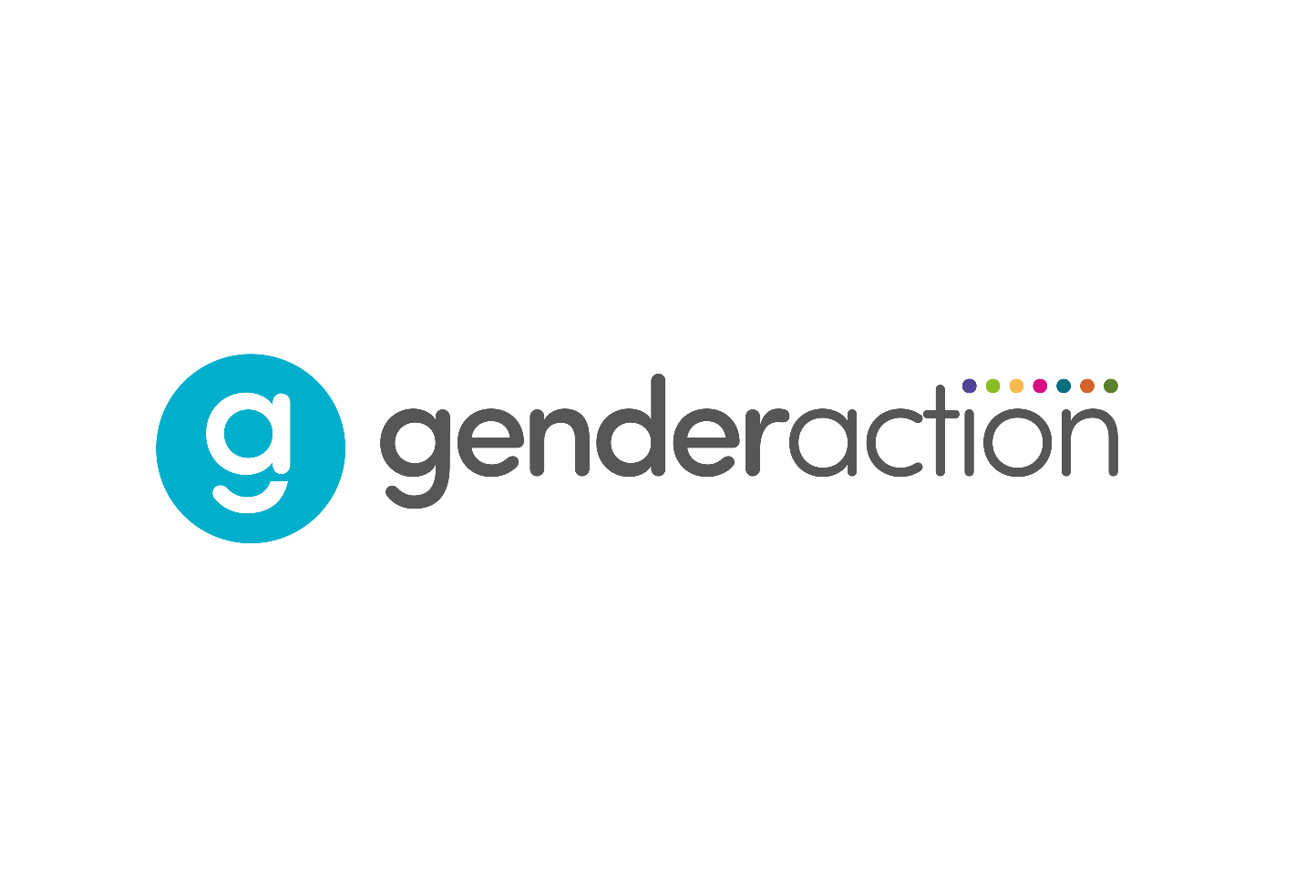Gender Action: Initiator
Reflection, evaluation, and planning
Initiator level is all about:
Assessing the current picture
Outlining priorities
Making informed decisions
Consulting with others
Setting realistic and achievable goals
Considering how to measure impact
Overcoming barriers
Pinning down timeframes
There is currently no accreditation cost to schools
Committing to this level allows key staff to attend six hours of online training to progress your Action Plan and join three facilitated online meetings with other settings at a similar stage, to share, discuss and get feedback on Action Plans.
To achieve Initiator level, you must first be registered as a Supporter, and then complete the following Application Form:
The submission is in three parts:
General Information: Description of school context and GA issues identified.
Action Plan (A) template for one of the Focus Areas with a minimum of 2 and a maximum of 5 actions.
Action Plan (B) template for a second Focus Area, a minimum of 2 and a maximum of 5 actions.
Once you have completed your Action Plan, please submit it to us at: info@genderaction.co.uk
In need of some support? Check out our exemplars Action Plans:
It is important to remember throughout that to effectively challenge gender stereotypes, a whole-school approach is required.
In your planning, we want to see how activity is part of a wider plan for whole-school change.
If you have any further questions about your submissions, please feel free to email us.
Some of our Initiators’ goals so far…
Establishing a staff working group and training throughout the year to improve conscious use of gender appropriate language and address unconscious bias sometimes expressed.
Ensuring students feel empowered, informed and able to discuss gender issues when they recognise them, both at school and in their lives outside school.
To close the gender attainment gap in STEM A level subjects.
Introducing parent/carer events with PSHE staff and careers guidance/university wider participation to start the conversation about expectations and pathways linked to having students, parents and carers thinking beyond narrow gender stereotyped careers.
Increasing the use of displays to promote gender equality within the school.
Staff to consider their own biases and check how they talk to children to see if they need to adapt any of their language to be more gender inclusive and less stereotypical.
Auditing provision to ensure unimpeded use of all play areas by all children.
Open up possible career choices to children through the use of positive role models, display, available literature and other innovative ways
Engaging with parents about the negative impacts that gender stereotyping has on young children.
Encouraging a more inclusive curriculum that engages all children irrespective of gender.
Creating an environment where staff are fully informed about gender issues, use appropriate language, and challenge stereotypes.
Creating a learning environment where there is no gender bias and barriers are removed.
Embedding the PSE curriculum as the basis of our curriculum, by looking at the language that we use as practitioners and how this impacts on our expectations of our children as well as their well-being and self-esteem.
Improving staff awareness of unconscious bias in their language, praise and reinforcement of stereotypes, and how these interactions affect children and their progress.
Questions to consider when writing your Action Plan:
What will being part of the Gender Action award programme enable you to achieve? What specific cultural changes do you want to enable?
Which of the ‘Champion’ areas might you start with? Have a look at the overview document for a recap!
What whole school policies and development planning could you audit and what changes could you make? (e.g. Equalities Policy, Behaviour Policy, Uniform Policy)
What challenges do you envisage within your school community when working on Gender Action projects? What approaches/messages could mitigate these?
What evidence will you collect to show that a change has taken place?
Who will be involved?
How will working towards this award contribute to whole-school/setting change?
In need of inspiration? Check out some examples from previous Action Plans:
Although these are in a slightly different format, here are some worked examples by teachers to show you what planning for a Gender Action project looks like.
